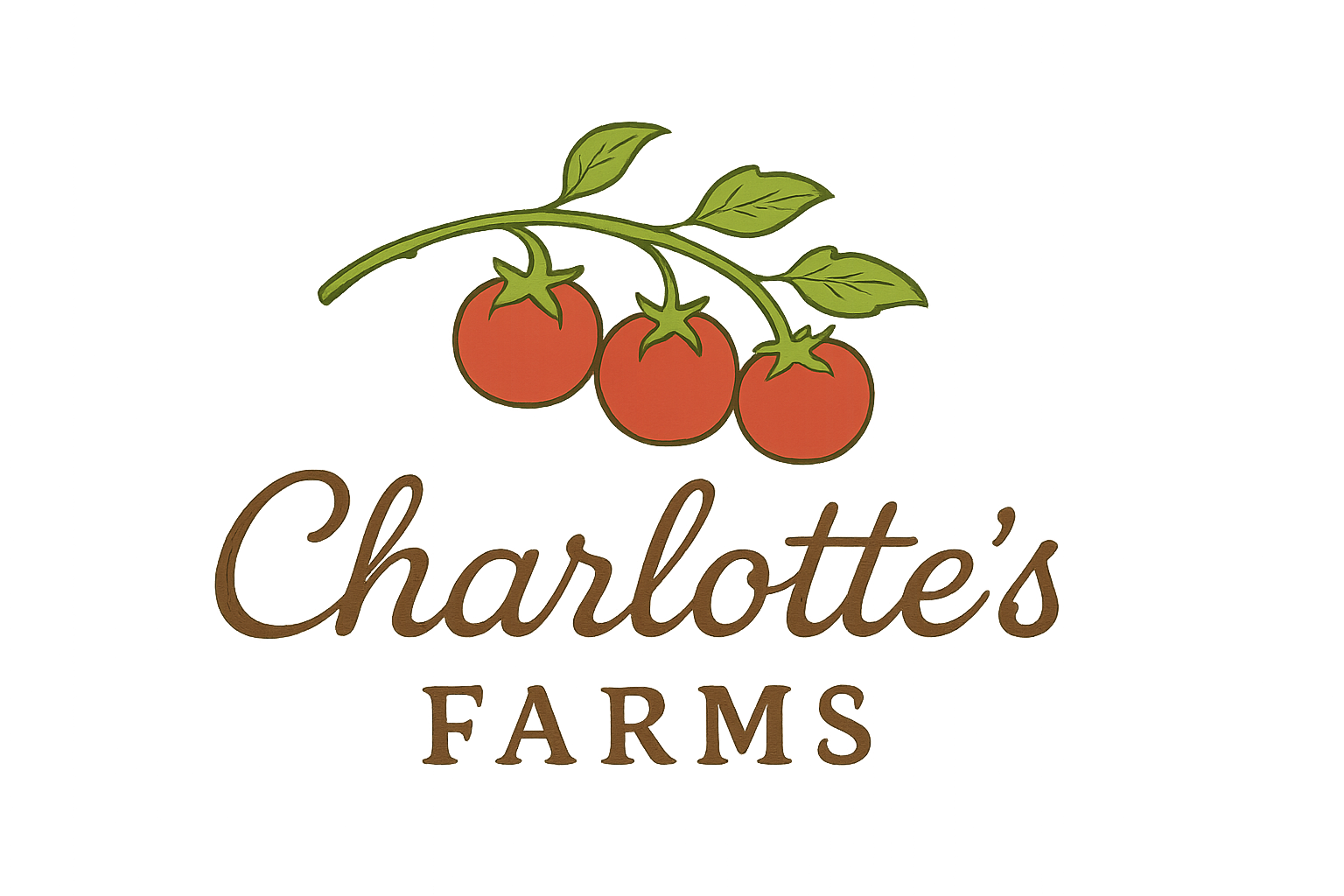Urban Composting 101
Learn how to turn your kitchen scraps into black gold for your plants, even in a small Brooklyn apartment.

Urban Composting 101
Learn how to turn your kitchen scraps into black gold for your plants, even in a small Brooklyn apartment. Composting reduces waste and creates nutrient-rich soil amendment.
Why Compost in the City?
- Reduces household waste by up to 30%
- Creates free fertilizer for plants
- Helps the environment by reducing methane emissions
- Connects you to the natural cycle of growth and decomposition
Getting Started
What to Compost
- Fruit and vegetable scraps
- Coffee grounds and filters
- Eggshells
- Yard trimmings (if you have them)
- Shredded newspaper
What NOT to Compost
- Meat, fish, or bones
- Dairy products
- Pet waste
- Diseased plants
- Weeds with seeds
Urban Composting Methods
1. Countertop Composter
Perfect for apartments. These sealed containers control odors and speed decomposition.
2. Balcony Tumbler
If you have outdoor space, a tumbling composter is efficient and clean.
3. Worm Composting (Vermicomposting)
Red worms eat your scraps and produce rich castings. Can be done indoors year-round.
Tips for Success
At Charlotte's Farms, we use citywide food waste collection to create our growing medium. You can do the same on a smaller scale at home!

